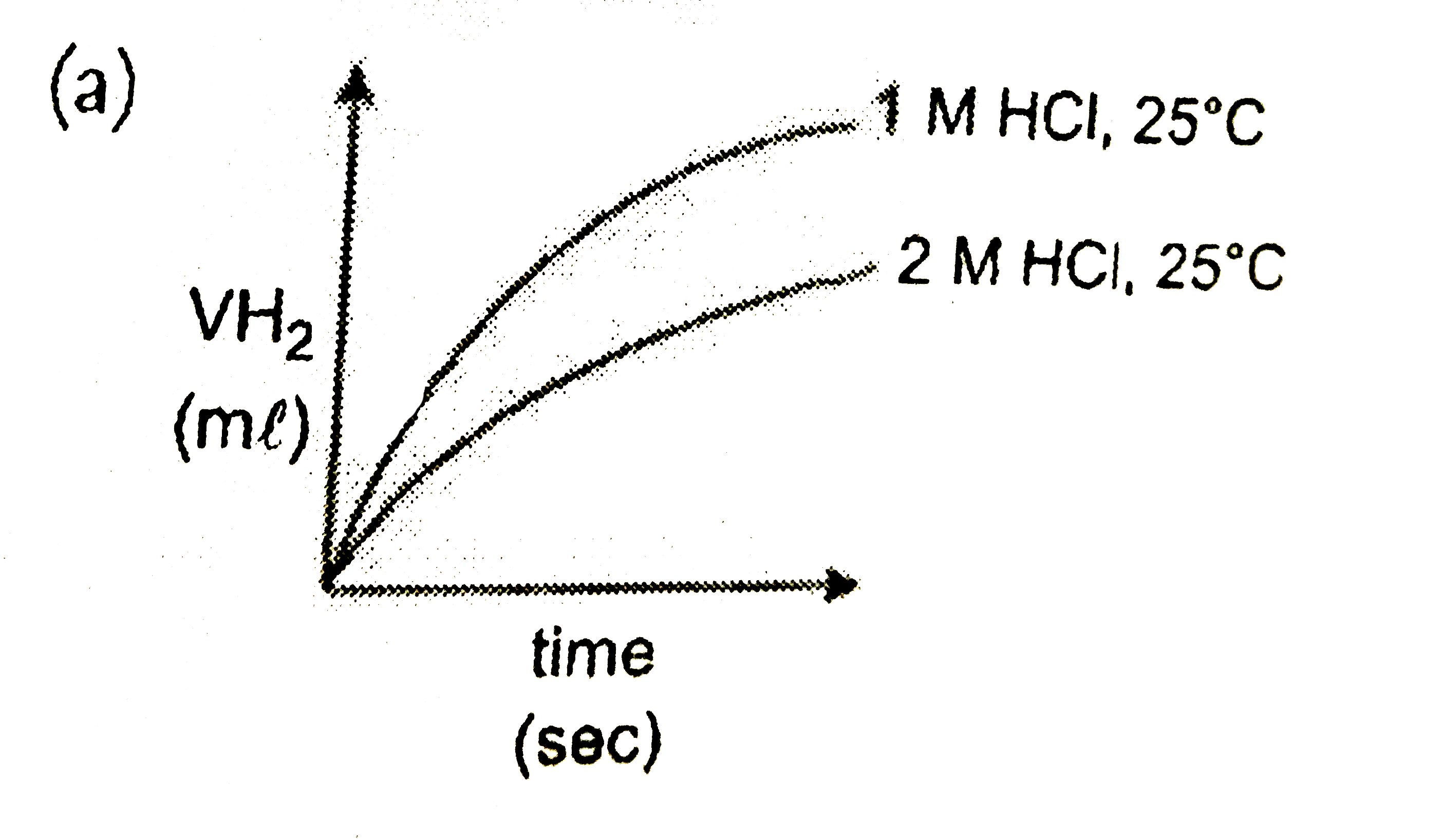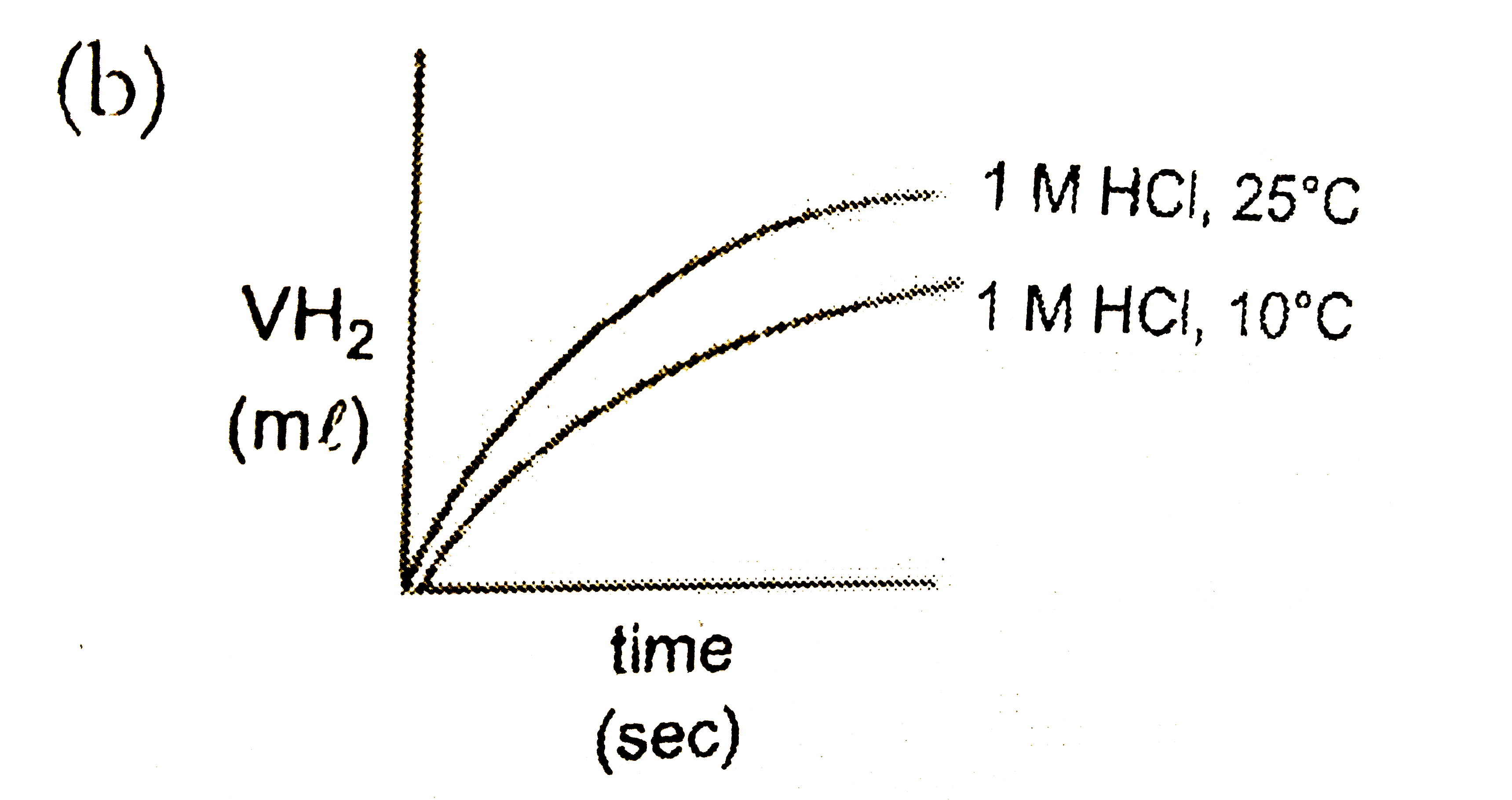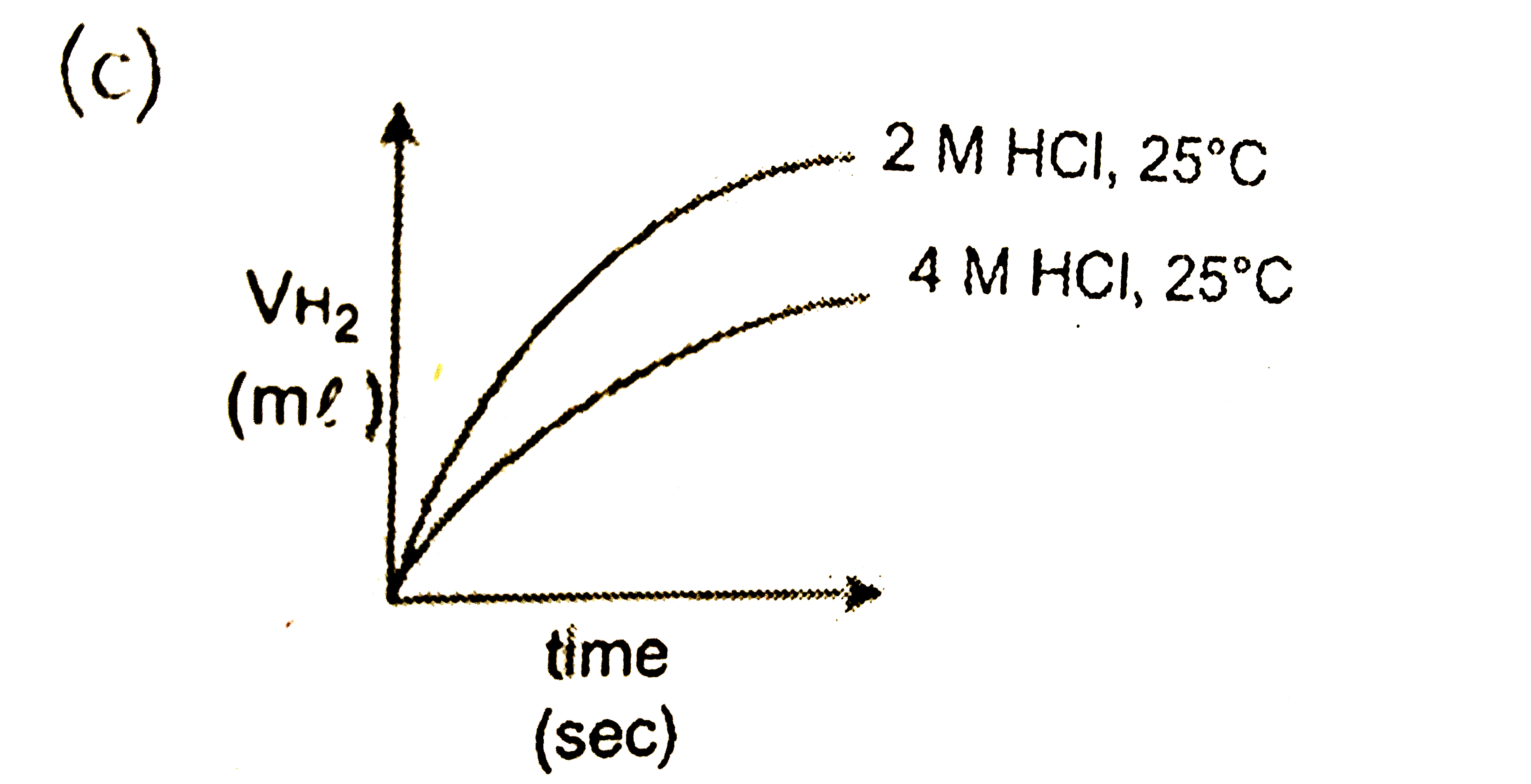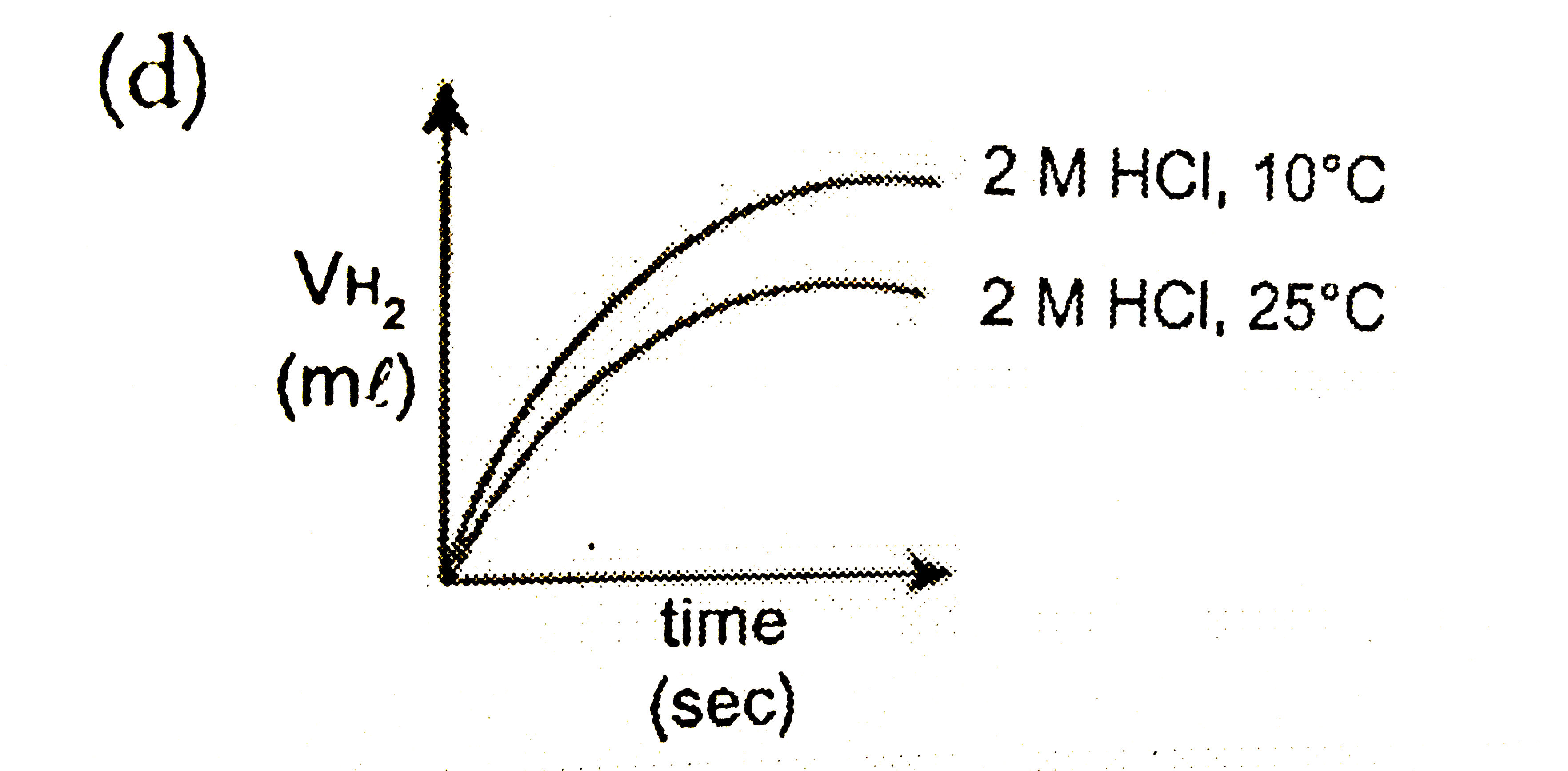Zn+2HC<oZnCl2+H2↑
The above reaction is an example of…
A
Combination reaction
B
Double displacement reaction
C
Displacement reaction
D
Decomposition reaction
Text Solution
The correct Answer is:A, C, D
|
Updated on:21/07/2023
Related Playlists
- BOOK - FULL MARKSCHAPTER - TYPES OF CHEMICAL REACTIONSEXERCISE - Additional question solved (Fill in the blanks.)23videos
TYPES OF CHEMICAL REACTIONS
- BOOK - FULL MARKSCHAPTER - TYPES OF CHEMICAL REACTIONSEXERCISE - Additional question solved (Match the following.)6videos
TYPES OF CHEMICAL REACTIONS
- BOOK - FULL MARKSCHAPTER - TYPES OF CHEMICAL REACTIONSEXERCISE - Textual Evalution solved (Solve the following problems.)4videos
TYPES OF CHEMICAL REACTIONS
- BOOK - FULL MARKSCHAPTER - SOLUTIONSEXERCISE - ACTIVITY1videos
SOLUTIONS
Similar Practice Problems
- Question 1 - Select One
Pb+CuCl2→PbCl2+Cu.
the above reaction is an example ofAcombination reactionBdouble displacement reactionCdecomposition reactionDdisplacement reaction - Question 1 - Select One
Consider the following,
C2H2(g)+H2(g)→C2H6(g).
(I) The above reaction is an example of first order kinetics. (II) Rate of the reaction will be given as Rate=k[C2H4].
Which of the above stetement(s) is/are correct? Choose the correct option.AOnly IBOnly IICBoth (a) and (b)DNone of the above - Question 1 - Select One
Glucose H2O−−−−→EnzymeC2H5OH+CO2+ Energy
The above reaction is an example ofAhydrolysisBsaponificationCdehydrationDfermentation - Question 1 - Select One
Zn+2HCl→ZnCl2+H2↑ for this reaction which among the following graphs is true ?
A B
B C
C D
D
- Question 1 - Select One
PhCH2CH3(i)CrO2Cl2/CCl4−−−−−−−−−−−→(ii)H3O+PhCH2CHO
The above reaction is an example of which name reaction?ARossenmund reductionBBirch reductionCMendius reductionDEtard reduction - Question 1 - Select One
R−O∣∣C−OH+NaHCO3→R−O∣∣C−ONa+H2O+CO2↑⏐ ⏐ ⏐⏐
The above reaction is showing the ____________ property of carboxylic acid.AacidicBbasicCoxidizingDreducing - Question 1 - Select One
FeS↓+2HCl→FeCl2+H2S↑
AFor precipitate formation reactionBFor precipitate dissolution reactionCFor precipitate exchange reactionDFor no reaction - Question 1 - Select One
FeS↓+2HCl→FeCl2+H2S↑
AFor precipitate formation reactionBFor precipitate dissolution reactionCFor precipitate exchange reactionDFor no reaction

